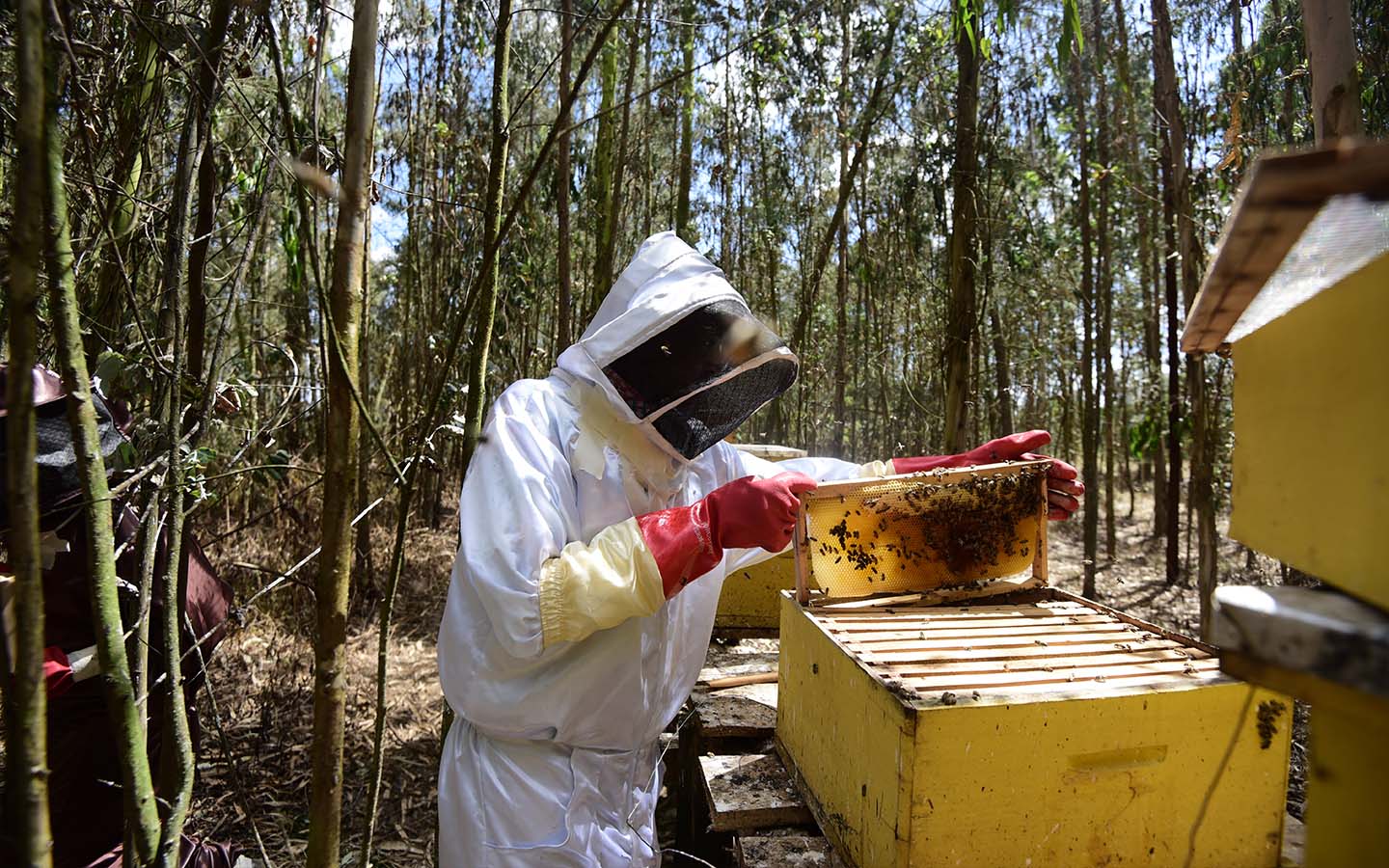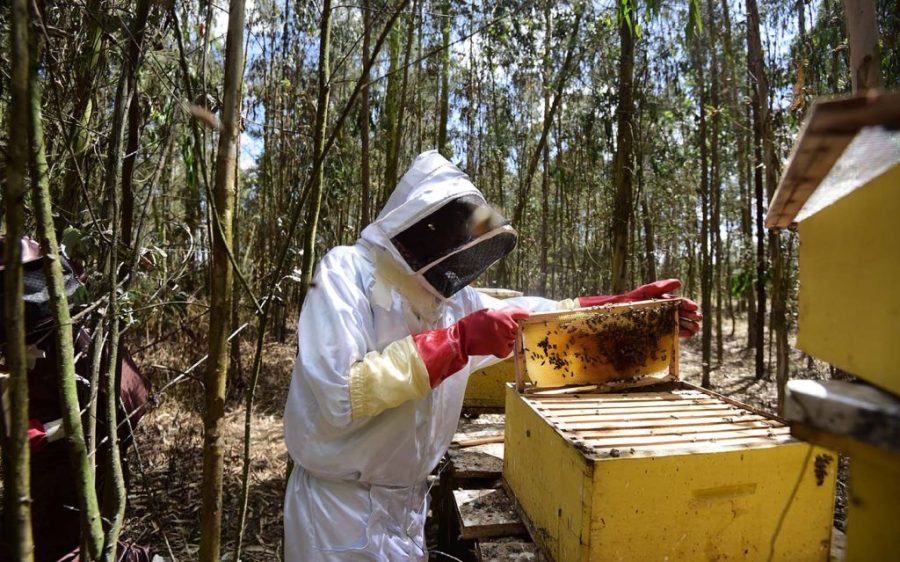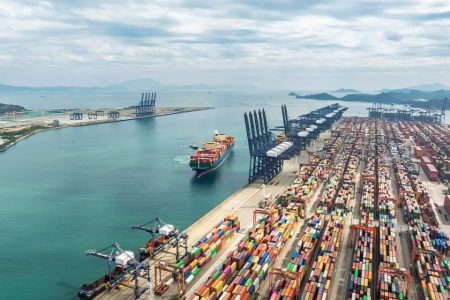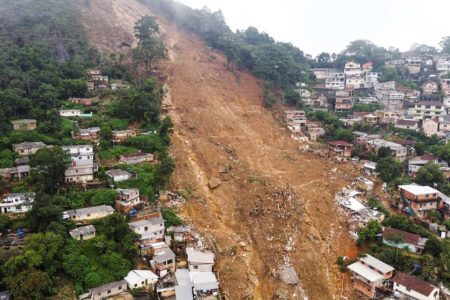Beekeepers based in the Niassa Special Reserve conservation area are calling on the Mozambican government to help them get their honey on the national market, reports Jornal Notícias.
Although the apiarian initiatives in the area are currently small, they are important because they could provide locals with a way to earn a sustainable income without encroaching on or harming the country’s largest nature reserve.
However, the beekeepers cite a lack of publicity as contributing to the difficulty in sales. Moisés Muhalimo, a beekeeper and reserve employee interviewed by Notícias, said that he and 15 other people oversee the 48 hives at the reserve. A campaign is currently underway to expand those numbers, but is undermined by limited sales that have the existing beekeepers bringing in less revenue than expected.
While many of the beekeepers are discouraged, honey sales to national and foreign tourists eager to support forest and wildlife conservation in the area show there is an appetite for “Made in Niassa” honey if consumers can access it.
[See more: Over US$8 million is needed to manage and maintain Mozambique’s largest reserve]
Niassa is not the only Mozambican conservation area to promote beekeeping as a sustainable industry. Gorongosa National Park, Mozambique’s best-known national park, has a beekeeping programme as well – the success of which may provide a template for Niassa.
Back in July, Gorongosa announced it would be adding a new factory for processing honey, making it the first in the country to produce and process honey locally. The programme in Gorongosa is much larger, employing over 550 beekeepers across five districts surrounding the park. But online sales and access to stores across Mozambique are what allows the Gorongosa beekeepers to flourish.
Their success contributes to the type of social programmes that the Niassa beekeepers hope to fund with their work.
Niassa’s apiarists say that if the government wants the reserve to continue its impressive conservation run – touted by President Felipe Nyusi at a press conference earlier this year – it needs to support the beekeepers with mechanisms to help sales. With those in place, said Muhalimo, “We could produce the honey and go directly to our buyer.”






